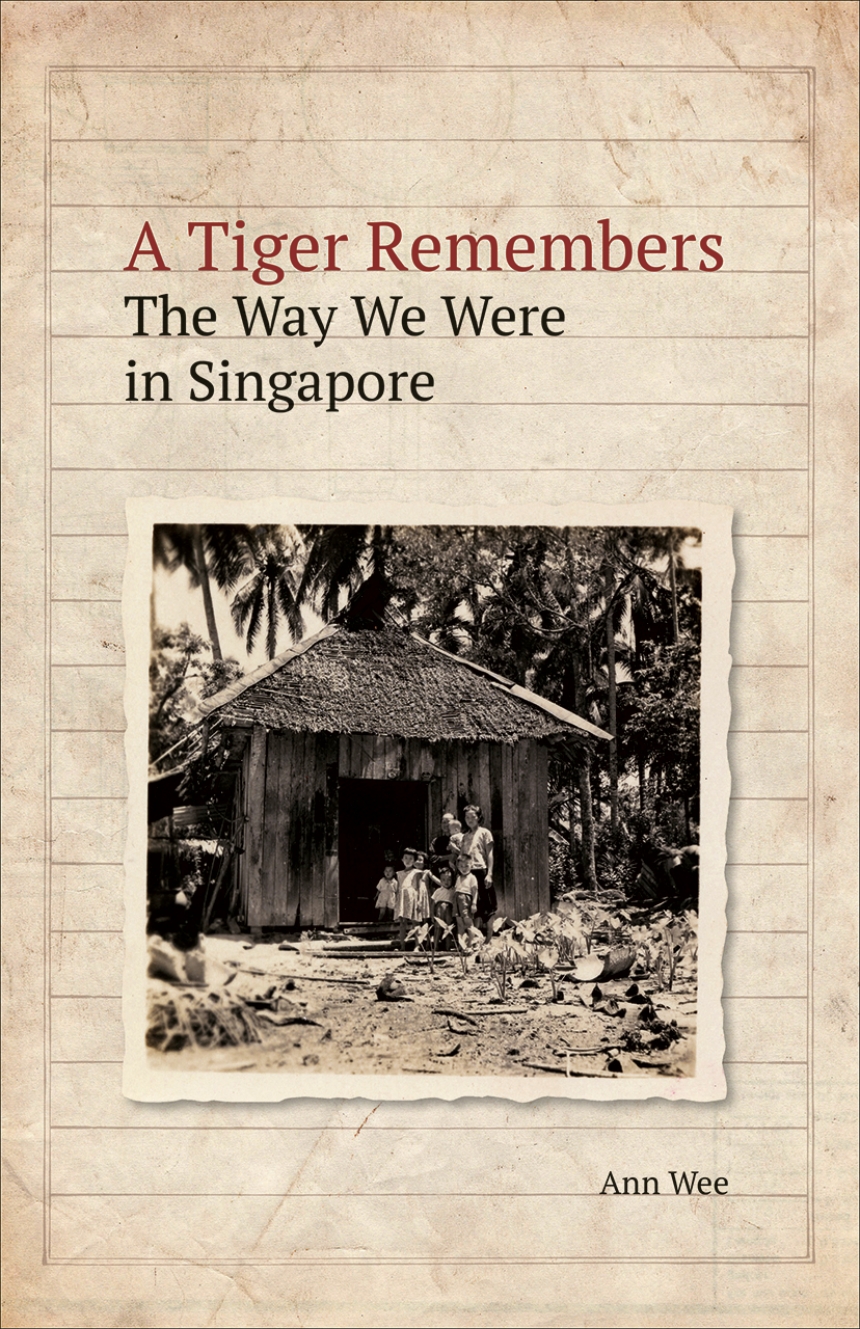9789814722377
9789814722537
Distributed for National University of Singapore Press
A Tiger Remembers
The Way We Were in Singapore
Born in the Year of the Fire Tiger, Ann Wee moved to Singapore in 1950 to marry into a Singaporean Chinese family, entering into a new world of cultural expectations and domestic rituals. She went on to become a pioneer in Singapore’s fledging social welfare department and is often described as the founding mother of social work in Singapore. In A Tiger Remembers, she draws on her decades of experience getting to know the many shapes and forms of the Singapore family and witnessing how they transformed since the ’50s.
Wee’s talent is for remembering and paying homage to the things history books often deem insignificant—things that can contain some of the most illuminating details about the day to day inner workings of families from many backgrounds, such as terms of endearment; the emotional nuance in social relations; questions of hygiene; the stories of convicts; tales of ghost wives and changeling babies; anecdotes from rural clan settlements and migrant dormitories; and the migration of families from squatter settlements into public housing. Affectionately observed and wittily narrated, with a deep appreciation of how far Singapore has come, this book brings to life generations of social change through a focus on the institution of the family.
Wee’s talent is for remembering and paying homage to the things history books often deem insignificant—things that can contain some of the most illuminating details about the day to day inner workings of families from many backgrounds, such as terms of endearment; the emotional nuance in social relations; questions of hygiene; the stories of convicts; tales of ghost wives and changeling babies; anecdotes from rural clan settlements and migrant dormitories; and the migration of families from squatter settlements into public housing. Affectionately observed and wittily narrated, with a deep appreciation of how far Singapore has come, this book brings to life generations of social change through a focus on the institution of the family.
166 pages | 12 halftones | 8 1/2 x 5 1/2 | © 2017
Asian Studies: Southeast Asia and Australia
Sociology: Sociology--Marriage and Family

